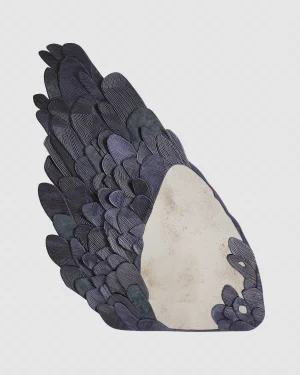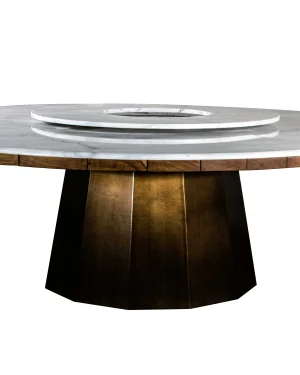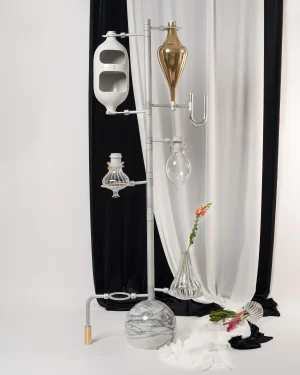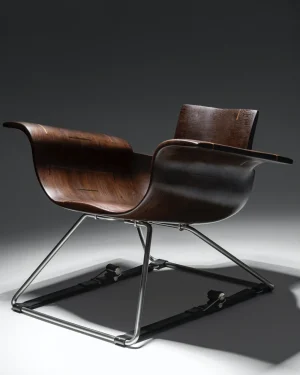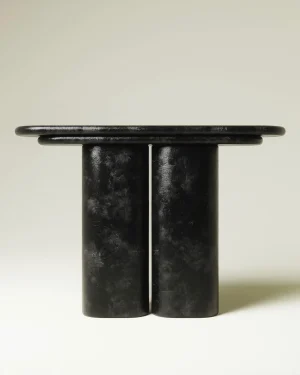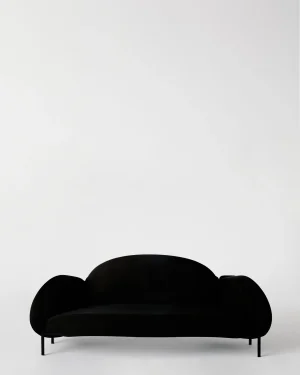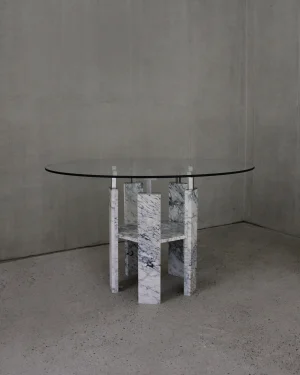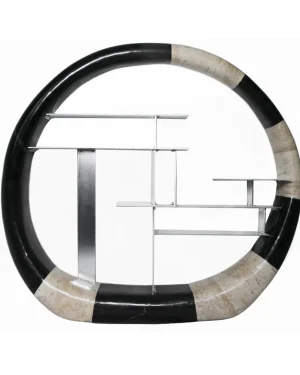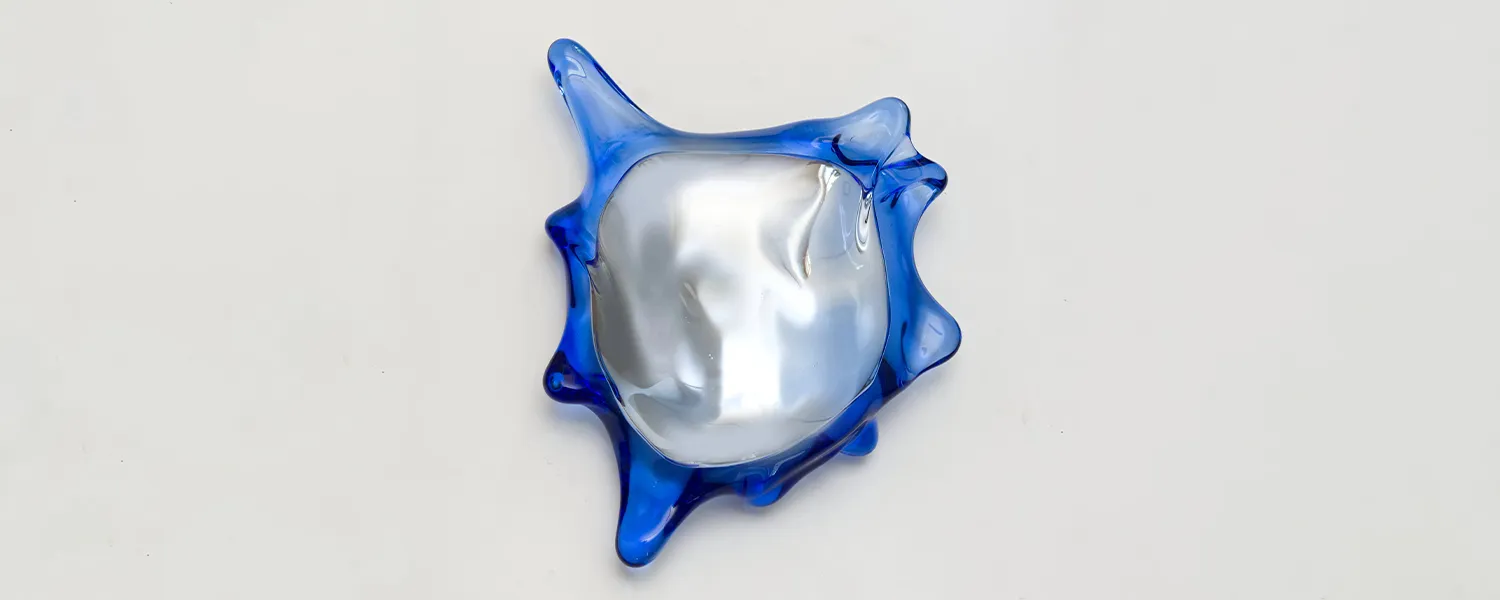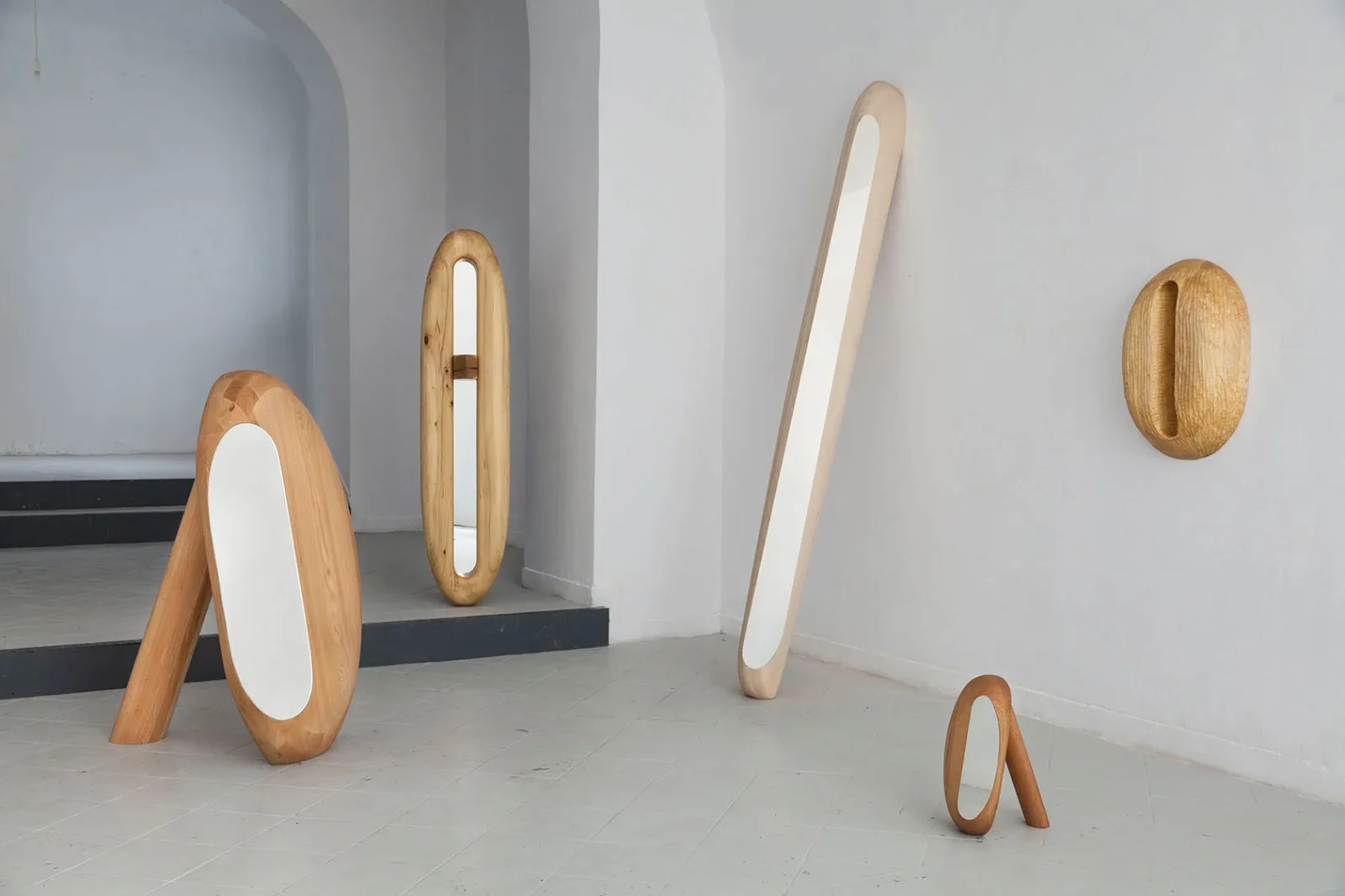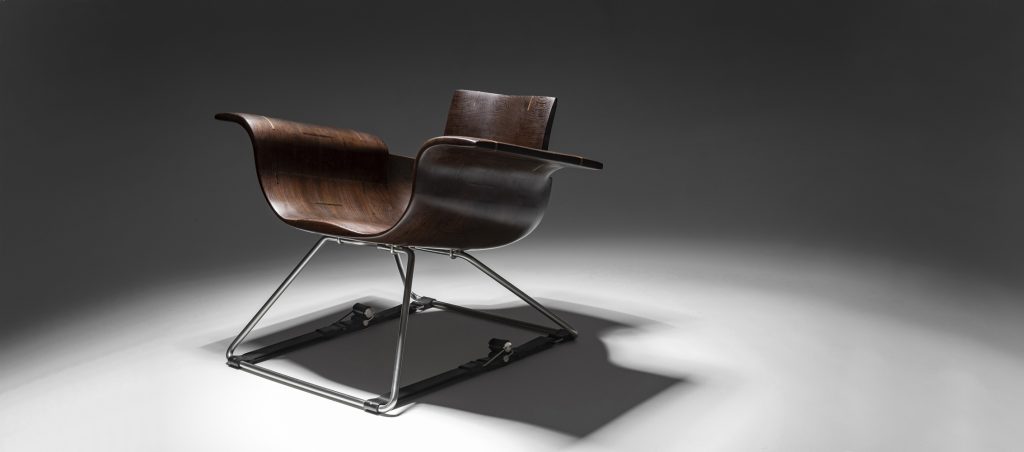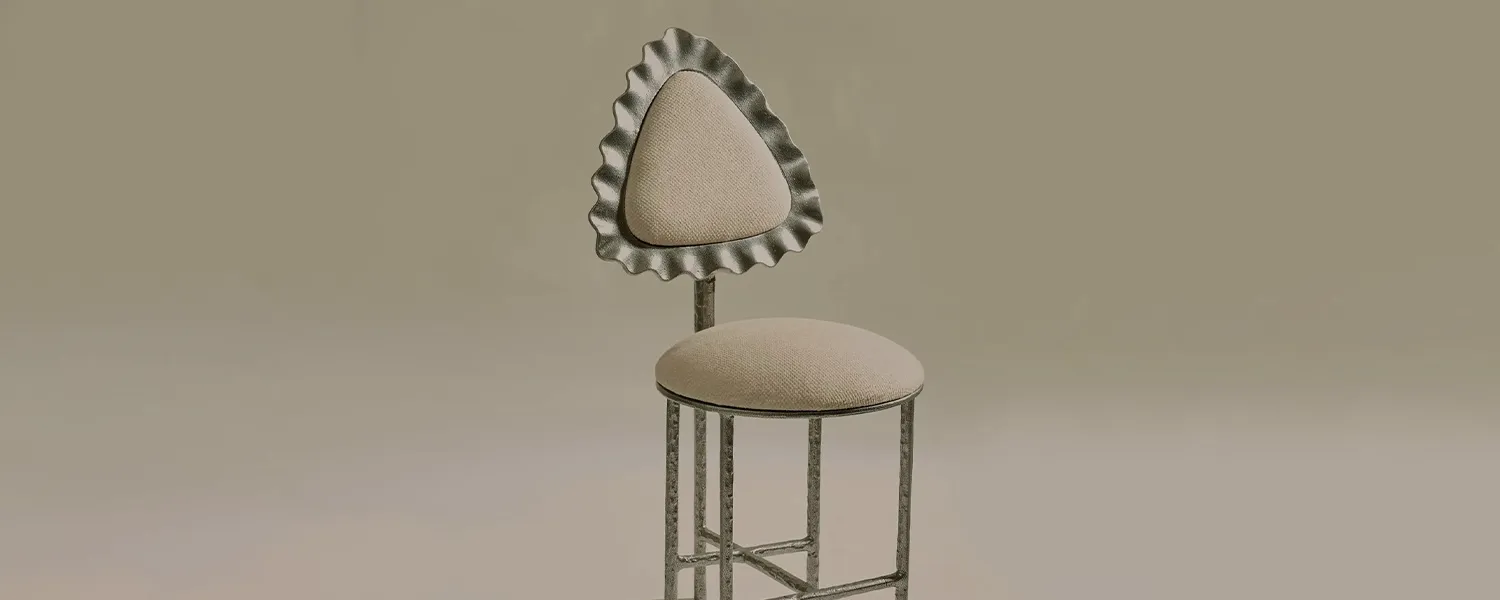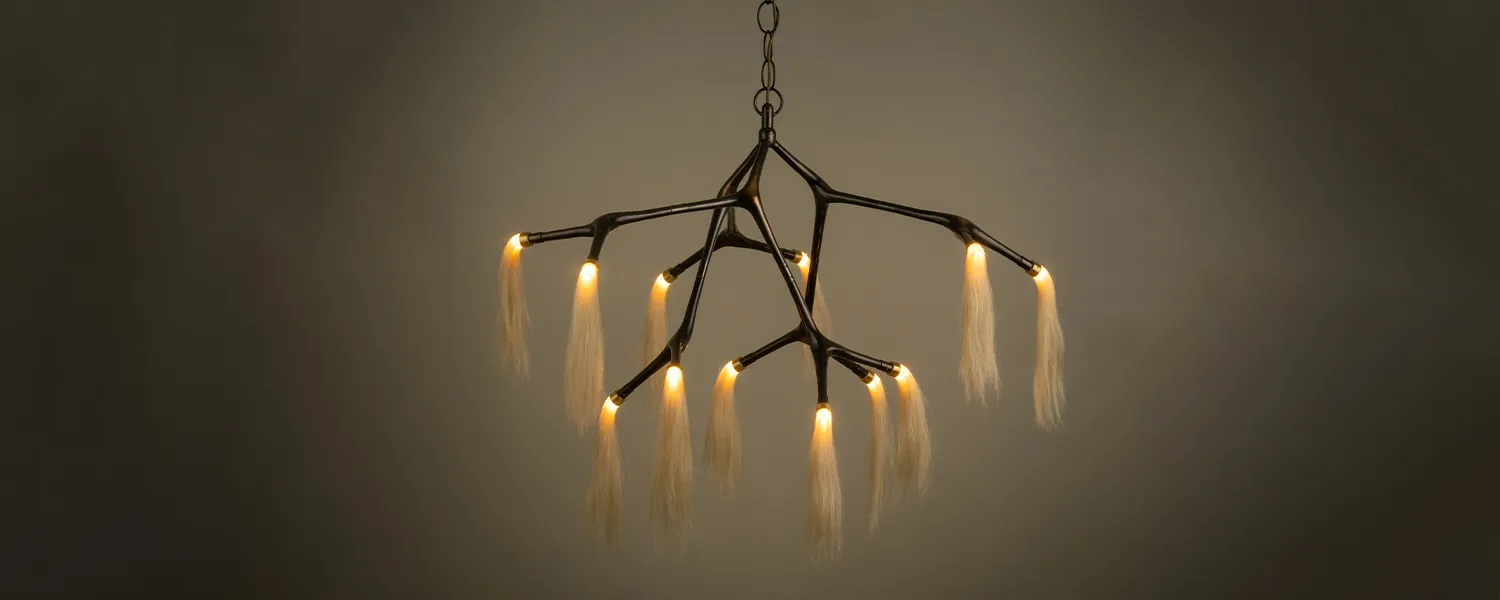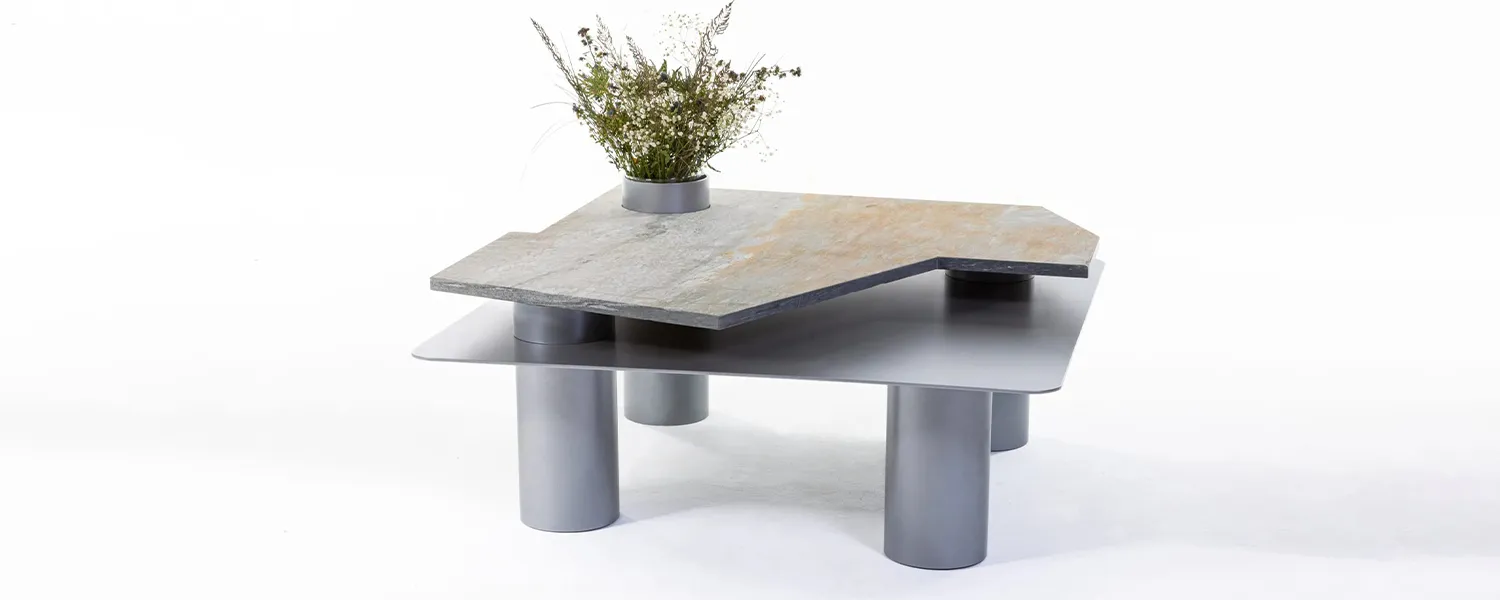
Capturing Contemporary Gothic Through Strangeness in Proportion
“There is no exquisite beauty… without some strangeness in the proportion,” wrote Edgar Allan Poe, reminding us that the allure of the unconventional often lies in its ability to evoke complex emotions. Strangeness in design can be a powerful catalyst for engagement, stirring feelings that range from intrigue and nostalgia to awe and even unease. This concept of “strangeness in proportion” perfectly encapsulates the essence of Contemporary Gothic.
The Gothic style was originally conceived to be imposing, designed to inspire awe in the divine—consider the soaring vaulted ceilings and flying buttresses of the quintessential Gothic masterpiece, Notre-Dame Cathedral. While its dramatic elements might suggest a general lack of subtlety, contemporary Gothic influences can indeed manifest in unexpected ways within modern aesthetics, resulting in spaces that are captivating, enigmatic, and sure, maybe a bit strange.
Subtle nods to Gothic architecture emerge through intricate detailing, modern interpretations of stained glass, candlelit ambiance, dramatic silhouettes, and organic references to the natural world—elements that celebrate the wild, untamed beauty of the strange. With October’s arrival, we examine how contemporary designs beautifully integrates these Gothic influences, illustrating that when when carefully balanced, Gothic-inspired features can transform contemporary interiors into compelling environments that encourage both intrigue and introspection.
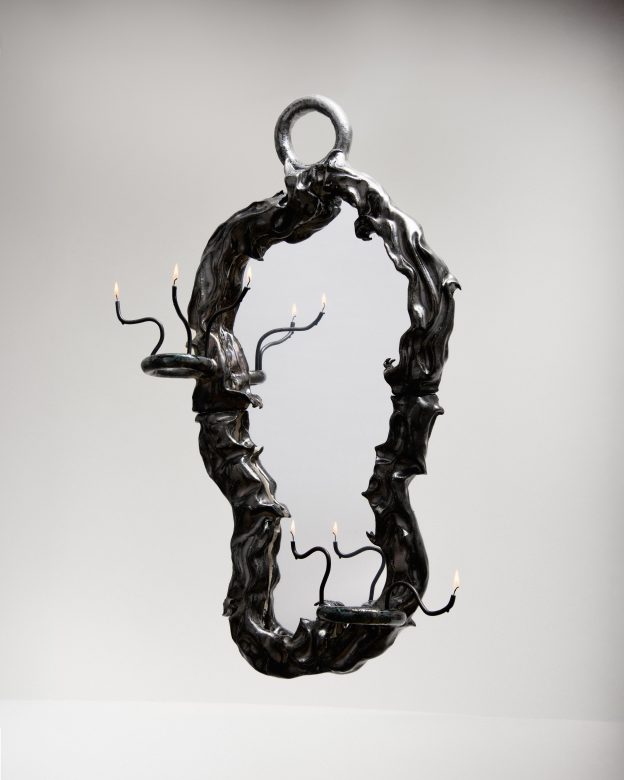

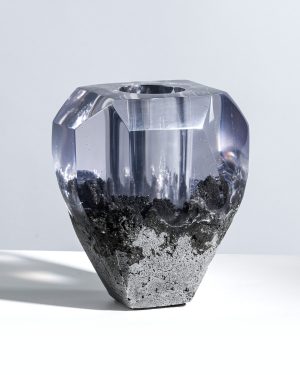

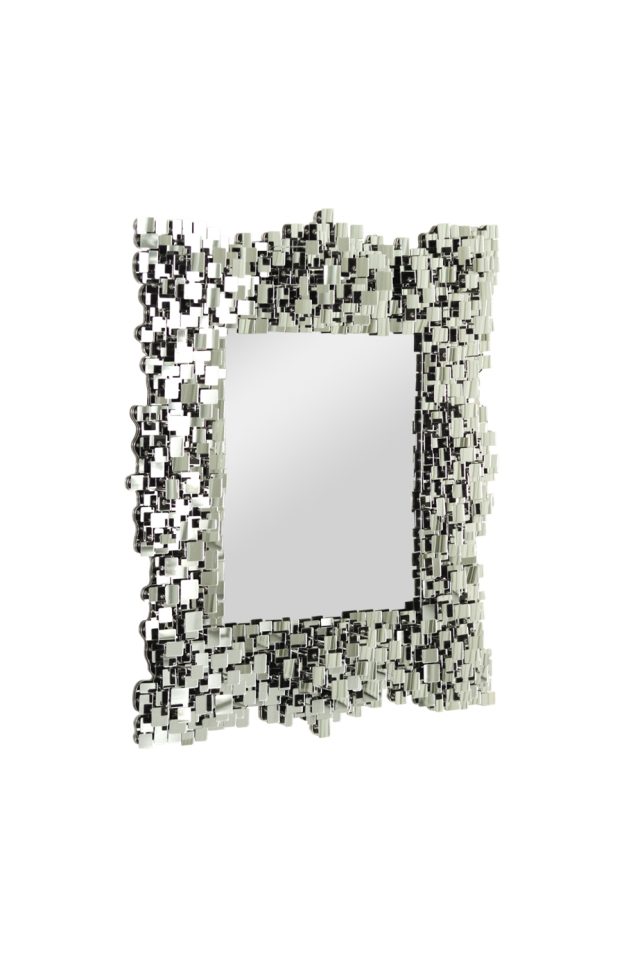

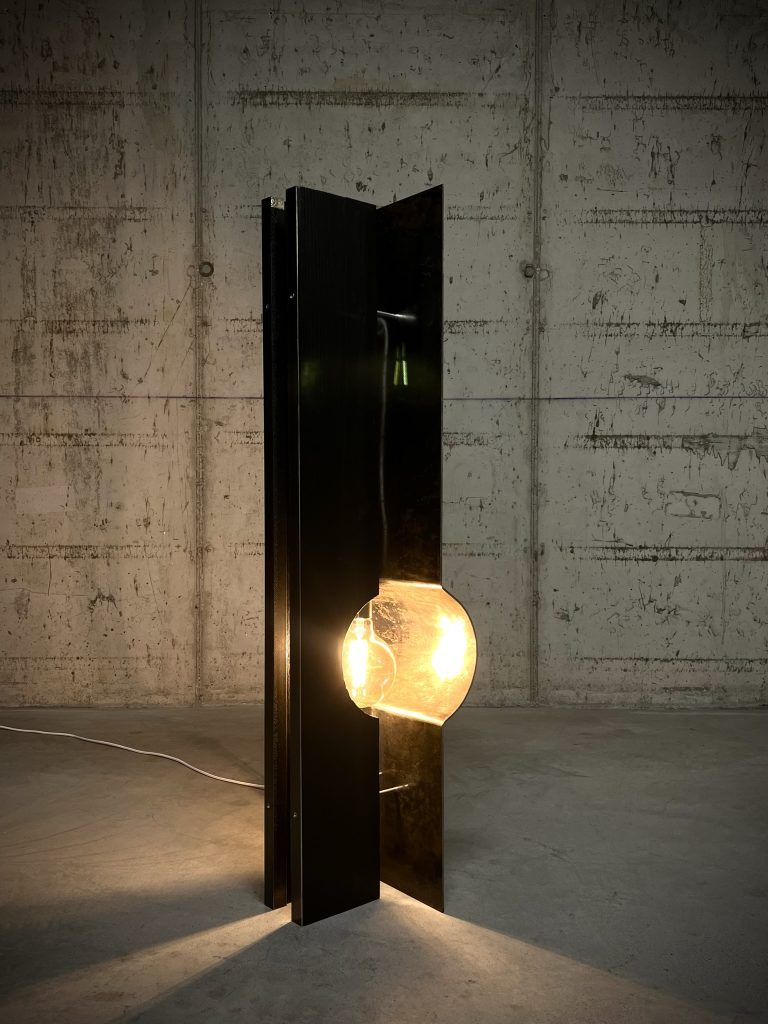

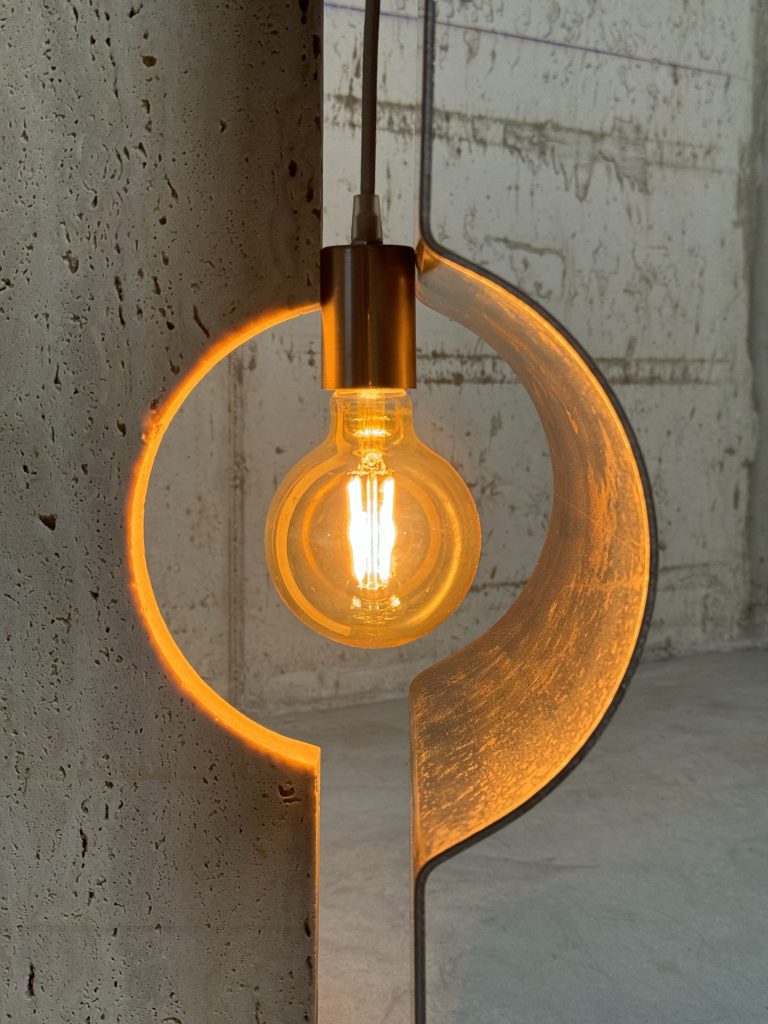

Contemporary Gothic and the Devil in the Details
While Gothic architecture is often celebrated for its grand scale and soaring spires, an important aspect of its essence lies in the intricate details that reward the patient observer. For instance, the small gargoyles tucked into the shadows often go unnoticed until one looks closely. In our selection of Contemporary Gothic, designs may surprise you with unexpected carved faces on stools or unconventional feet on a table, introducing elements that invite closer inspection and exploration.
This approach transforms the act of observing into a journey of realization. Just as one might spend hours in a Gothic cathedral discovering new details, these contemporary pieces encourage prolonged engagement and contemplation. The balanced integration of such intricate, sometimes strange elements adds depth to designs, resulting in interiors that are not only seen but experienced and explored, highlighting a unique interplay of beauty and oddity that defines modern Gothic design.














Stained Glass Reimagined for the 21st Century
Stained glass, a hallmark of Gothic architecture, transforms spaces into spaces of awe and delight. Vibrant colors and intricate patterns wash interiors in an otherworldly atmosphere, immersing observers in a living kaleidoscope. As arched cathedral windows are an unlikely thing to come by in a modern space, the effects of stained glass have been reimagined and reinterpreted in imaginative ways. Through colored glass decor, immersive lighting, and captivating wall installations, they create a mesmerizing interplay of light and shadow. Like the original intention of stained glass, interpretations may evoke profound emotions, connecting occupants to a sense of mystique and meditation.
By integrating reinterpretations of stained glass in unexpected ways, designers create a rich exploration of beauty that enhances the overall sensory experience. This approach preserves the transformative power of Gothic stained glass while adapting it to modern sensibilities, resulting in environments that balance the familiar with the wonder of the slightly strange.
















Light & Shadow in the Contemporary Gothic
Candlelight, by its very nature, creates mystery. In Gothic spaces, this was not a design choice but a necessity. The flickering flames of candles never fully illuminate a room, instead creating pockets of light surrounded by deepening shadows, naturally drawing the eye while leaving much to the imagination. This uneven lighting turns ordinary objects into curious silhouettes and familiar spaces into uncharted territories. Shadows shift and flicker with the slightest air movement, creating a dynamic, ever-changing environment. The limited radius of a candelabra’s glow forces a closer, more intimate engagement with both space and company.
Once again, the key lies in maintaining the strangeness in proportion. Today, we encounter reimagined candelabras, their familiar forms transformed by unexpected materials or unconventional scales. Alternatively, designers may achieve the same ambient effect through contemporary lighting that mimics the warm, flickering glow of candlelight. These modern interpretations preserve the essence of Gothic illumination while introducing a touch of unfamiliarity that intrigues without overwhelming. Whether through real flames or clever imitations, these lighting choices tap into our instinctive fascination with the partially revealed and the just-out-of-sight. The result is an atmosphere that feels both comfortingly familiar and subtly enigmatic.
















Sculpting Contemporary Gothic Spaces with Dramatic Silhouettes
In contemporary Gothic-inspired interiors, furniture evolves beyond its utilitarian role to embody architectural significance. Designers draw from the grand forms of Gothic cathedrals, translating soaring arches and imposing structures into a domestic scale that resonates with drama and elegance. Chairs may feature high, pointed backs reminiscent of church spires, while dining tables stretch out like expansive cathedral naves, creating commanding focal points that shape the room’s atmosphere.
The interplay of light and shadow is essential in accentuating these dramatic forms. A chair that appears imposing in bright light may transform into an enigmatic presence as shadows lengthen, its silhouette melding into captivating shapes. These pieces introduce an enchanting strangeness that engages the senses without overpowering, creating a harmonious interplay between the welcoming nature of home furnishings and the mystique of Gothic influences.


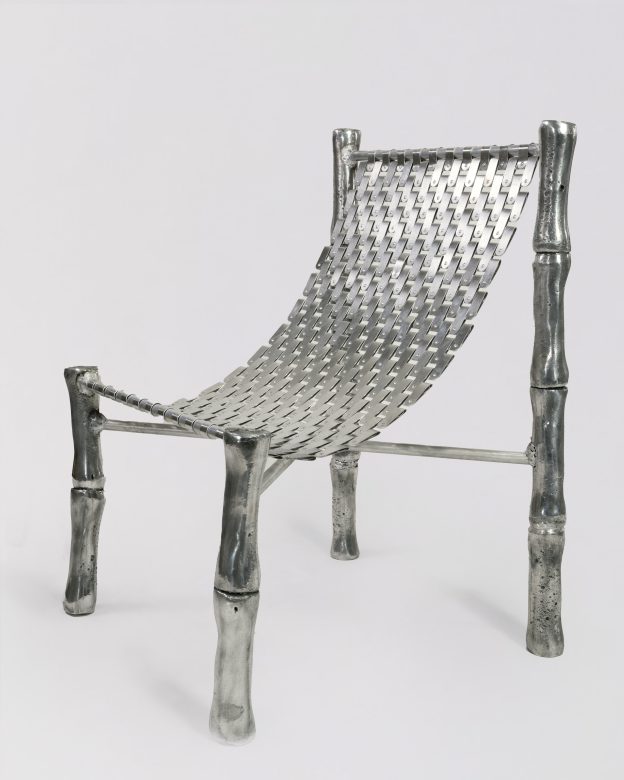



















Untamed Natural Influences
In the Gothic tradition, nature is often present, whether through the ornamental carvings of leaves, flowers, and vines or the expansive use of stained glass windows depicting natural scenes. Modern design carries on this tradition by incorporating organic and nature-inspired elements into interiors. Floral patterns, botanical motifs, and decorative accessories that celebrate the natural world provide balance to the darker, moodier elements of Gothic-inspired design.
These touches soften the overall aesthetic, bringing serenity and a sense of peace to otherwise intense spaces. The juxtaposition of dark tones with natural elements creates a harmonious contrast, infusing interiors with both drama and calm. Nature, much like Gothic design, reminds us of the power of the wild, the untamed, and the beautiful strangeness that lies within the world around us.










Final Thoughts
As we’ve explored, the essence of Gothic design in contemporary spaces lies not necessarily in literal recreation, but in capturing its spirit of mystery, drama, and intrigue. The key to successful contemporary Gothic design lies in balance—finding that proportion where strangeness enhances rather than overwhelms. It’s about creating environments that intrigue and inspire, that invite closer inspection and reward curiosity. Through unexpected details, reimagined stained glass effects, moody lighting, dramatic forms, or nature-inspired elements, these design choices create spaces that feel both familiar and slightly otherworldly.
In embracing these Gothic influences, we explore a timeless human fascination with the mysterious and the awe-inspiring. As we continue to seek ways to make our living spaces more engaging and personal, the Gothic revival in modern design offers a rich palette of ideas for creating interiors that are enigmatic and experienced. Ultimately, contemporary Gothic design invites us to appreciate that true beauty often resides in the unexpected, the slightly strange, and the wonderfully complex.
